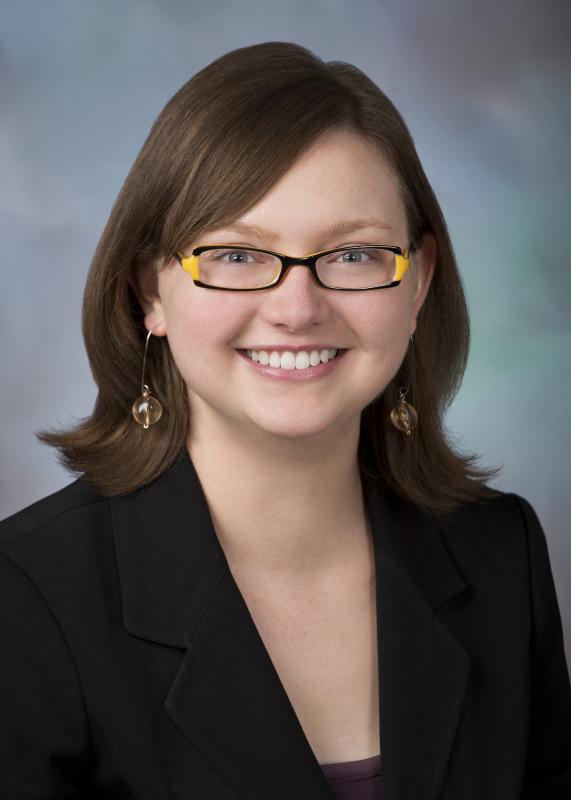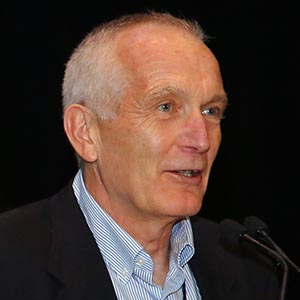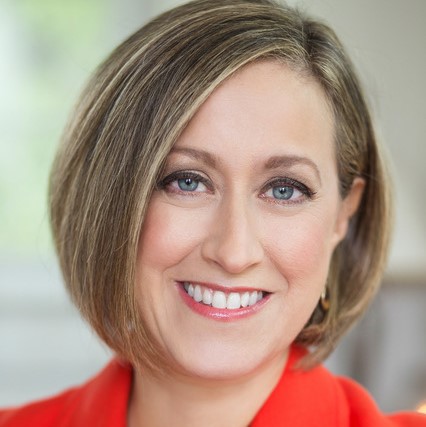Free Trade Agreements: Implications of a Shifting Competitive Landscape
This panel will explore the U.S. agenda for opening new global markets for agriculture and other goods and services through free trade agreement (FTA) negotiations, including the importance of reducing non-tariff barriers; the competitive landscape for U.S. goods and services in light of other countries’ pursuit of their own FTAs; and the implications for the United States of leaving the Trans-Pacific Partnership agreement.
The Yeutter Institute's fall conference "What's on the Horizon for International Trade?" was presented in cooperation with the Nebraska Farm Bureau.

Melissa George Kessler
Melissa George Kessler is a process consultant, coach and professional communicator who serves as a member of Inspired-Inc.’s consulting team. She lives in the Washington, D.C., area, where she works at a non-profit export market development organization in the areas of process, strategy, capacity and international policy.

John Beghin
John is a faculty fellow with the Daugherty Water for Food Global Institute at UNL and with the Center for Agricultural and Rural Development at Iowa State University.
Prior to joining UNL, John was a Professor of Agricultural and Resource Economics (ARE) at NC State University and Iowa State University. Beghin earned his MSc in agricultural economics at NC State and then received his Ph.D. from UC Berkeley in 1988. After returning to NC State for 10 years, Beghin went on to Iowa to serve as Director of the Food and Agricultural Policy Research Institute and Marlin Cole Professor of international agricultural economics at Iowa State University, from 1998 to 2016. Beghin returned to NC State in January 2017 and served as department head for 2 years.

Andrea Durkin
Durkin is Assistant U.S. Trade Representative for WTO and Multilateral Affairs (WAMA), Ms. Durkin is responsible for trade negotiations and U.S. policy coordination regarding matters before the WTO including the operation of various WTO committees related to subsidies, technical barriers to trade, customs/trade facilitation and other subject areas. As head of WAMA, Ms. Durkin also leads the development of U.S. trade positions in the Organization for Economic Co-operation and Development (OECD) and other international organizations and intergovernmental forums such as G7 and G20, in coordination with relevant offices in USTR and other U.S. agencies.
Ms. Durkin returns to USTR after nearly two decades in the private sector as an entrepreneur, author and corporate government relations executive. She has served as a non-resident senior fellow and advisor to leading think tanks in Washington, Dallas and Chicago on trade policy, economic growth, and food and agricultural trade. Ms. Durkin proudly taught hundreds of students International Trade and Investment Policy for seventeen years as an Adjunct Professor at Georgetown University’s Master of Science in Foreign Service program and served as president of the Women in International Trade association.
Over the span of a decade of previous government service with USTR and the International Trade Administration of the U.S. Department of Commerce, Ms. Durkin led a variety of negotiations that included free trade agreements in the Western Hemisphere, the trade-related aspects of United Nations multilateral environment and public health agreements, and sectoral initiatives in APEC.